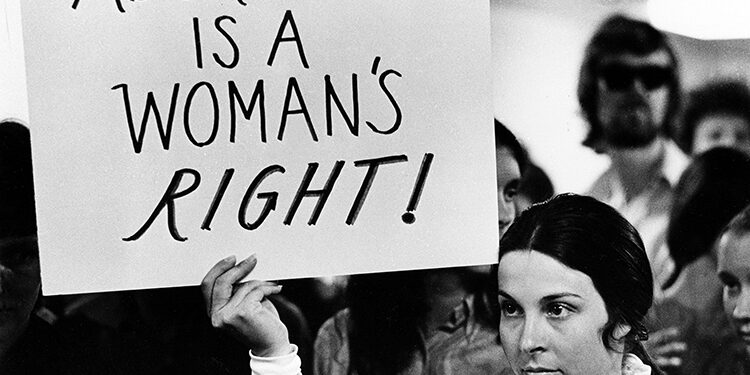Roe v. Wade, a groundbreaking legal case decided by the United States Supreme Court in 1973, has played a pivotal role in shaping the landscape of reproductive rights. The case centred around a woman named Jane Roe, a pseudonym for Norma McCorvey, who sought to challenge the constitutionality of Texas laws restricting access to abortion. The landmark decision not only addressed the specific Texas statutes but also established a woman’s constitutional right to choose to have an abortion.
Background:
Before Roe v. Wade, many states had restrictive laws regarding abortion, often criminalizing the procedure except to save the life of the mother. Texas, in particular, had strict anti-abortion laws, making it a focal point for legal challenges. Norma McCorvey, a pregnant woman who wanted an abortion but was unable to obtain one under Texas law, became the symbolic figure at the center of the case.
The Decision:
On January 22, 1973, the Supreme Court, in a 7-2 decision, ruled in favor of Roe, asserting that a woman’s right to choose to have an abortion fell within the constitutional right to privacy. The Court argued that this right was “broad enough to encompass a woman’s decision whether or not to terminate her pregnancy.” The decision divided pregnancy into three trimesters, with the state having an increasing interest in regulating abortion as the pregnancy progressed.
Impact:
Roe v. Wade marked a significant shift in reproductive rights, giving women the legal authority to make decisions about their own bodies. The ruling acknowledged a woman’s right to choose abortion without undue interference from the government in the early stages of pregnancy. However, it also allowed states to impose regulations in the later stages to protect the woman’s health and the potential life of the fetus.
Controversy and Challenges:
Since its inception, Roe v. Wade has been the subject of intense political and social debate. Abortion remains a divisive issue, with ongoing attempts to challenge or overturn the decision. Anti-abortion activists argue for stricter regulations or complete bans, while advocates for reproductive rights emphasize a woman’s autonomy over her body.
Roe v. Wade stands as a landmark decision in the realm of reproductive rights, shaping the legal framework surrounding abortion in the United States. It has been a source of controversy and debate for decades, reflecting the ongoing tension between individual liberties and societal values. As discussions around reproductive rights persist, Roe v. Wade remains a touchstone for understanding the evolving legal landscape surrounding abortion.




Recent Comments